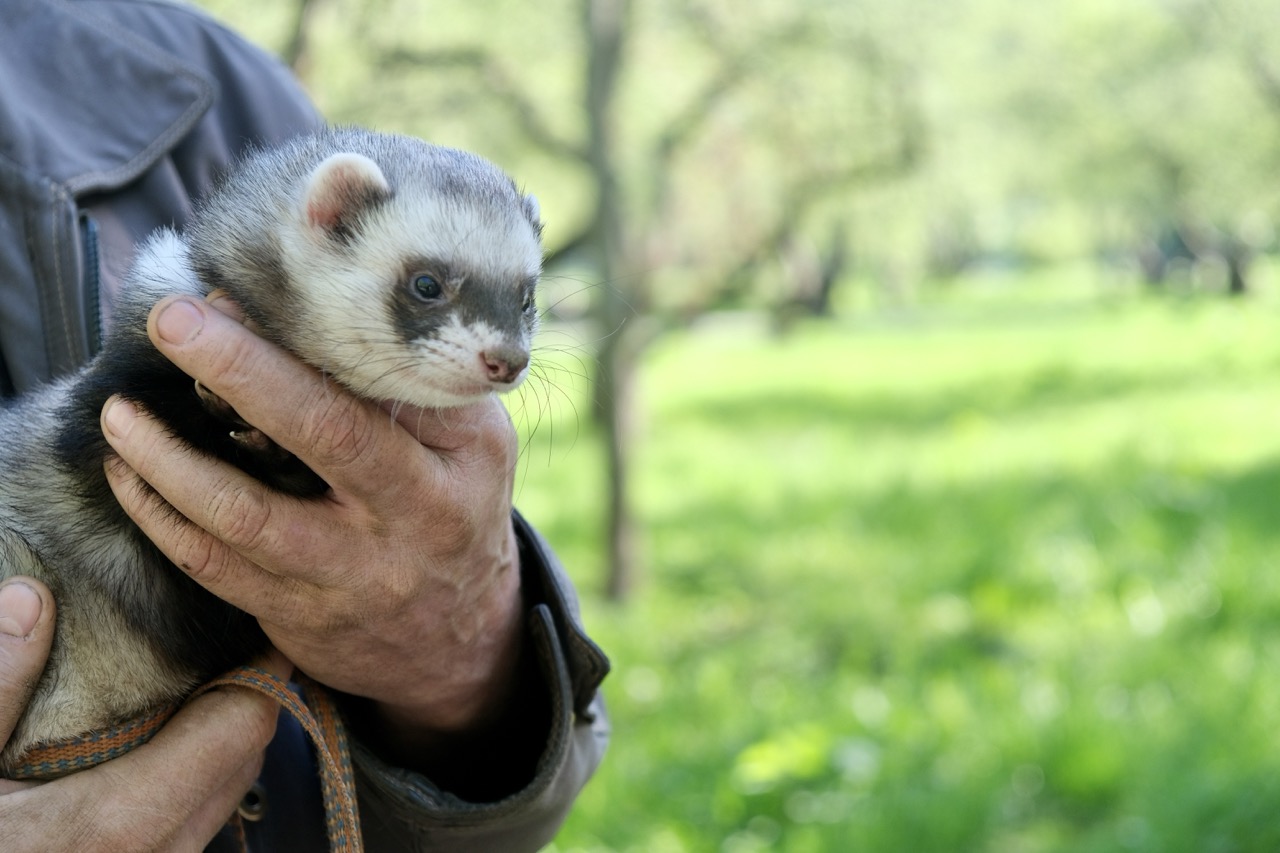Ferrets are playful and social creatures, often regarded as affectionate companions. However, they can also display aggressive behaviors that may confuse and concern their owners. Understanding the underlying causes of ferret aggression is crucial for developing effective management strategies. This article will explore the key factors contributing to aggressive behavior in ferrets, common triggers of such behavior, solutions for managing aggression, and tips for creating an environment that supports behavioral adjustment.
Understanding Ferret Aggression: Key Factors at Play
Ferrets, like many animals, may display aggression due to a variety of internal and external factors. One primary cause of aggression in ferrets is fear or anxiety. When ferrets feel threatened—whether by unfamiliar environments, loud noises, or the presence of other pets—they may resort to aggressive behavior as a defense mechanism. Understanding their body language can help owners identify when a ferret is feeling scared or anxious, allowing them to intervene before aggression escalates.
Another significant factor contributing to aggression is territoriality. Ferrets are naturally territorial animals, and they often exhibit aggressive behavior to defend their space. This territorial instinct can become pronounced if there are multiple ferrets in one household. A ferret may perceive another ferret as an intruder and react aggressively to assert dominance. Recognizing and respecting their territorial nature is essential for maintaining harmony among multiple ferrets.
Lastly, hormonal changes can influence aggression, particularly in unspayed or unneutered ferrets. During mating season, male ferrets can become particularly aggressive as they compete for mates. Similarly, females can exhibit aggressive behavior when they are in heat or pregnant. Spaying or neutering ferrets can significantly reduce hormonal-driven aggression and lead to a calmer demeanor, making it a recommended practice for responsible ferret owners.
Common Triggers of Aggressive Behavior in Ferrets
Several specific situations can act as triggers for aggressive behavior in ferrets. One common trigger is overstimulation. Ferrets are energetic and curious animals, but too much excitement—be it from play, noise, or interaction—can lead to irritability. When a ferret becomes overstimulated, they may lash out as a way to communicate that they need a break or to express frustration. It’s vital for owners to recognize signs of overstimulation, such as biting or growling, and provide appropriate breaks to prevent aggression.
Resource guarding is another trigger that can lead to aggressive behavior. Ferrets may become possessive over food, toys, or even their human companions. If they perceive that their resources are being threatened—whether by other ferrets or by humans—they may respond with aggression. Understanding this behavior is important for owners, as it can help them manage feeding routines and toy access more effectively to minimize conflict.
Finally, lack of socialization can also contribute to aggression. Ferrets that have not been properly socialized may view unfamiliar situations or individuals as threats. This lack of exposure can lead to fearful or aggressive responses. To mitigate this trigger, regular and positive interactions with various stimuli—such as different environments, people, and other animals—are essential for fostering a well-adjusted ferret.
Effective Strategies for Managing Aggressive Ferrets
When faced with an aggressive ferret, it is crucial to employ effective management strategies. First and foremost, owners should remain calm and avoid responding with anger or frustration, as this can exacerbate the situation. Instead, using a gentle tone and a calm demeanor can help de-escalate aggressive behavior. Additionally, allowing the ferret some space to cool down can prevent further incidents while promoting a sense of safety.
Training plays a significant role in managing aggression. Positive reinforcement techniques, such as rewarding calm behavior with treats and praise, can help modify aggressive tendencies. Establishing a consistent routine and setting boundaries will create a structure that ferrets can understand, reducing their anxiety and likelihood of aggression. Basic command training can also reinforce trust and improve communication between the owner and the ferret.
Lastly, if aggression persists despite management efforts, consulting a veterinarian or a professional animal behaviorist is advisable. They can provide tailored guidance based on the ferret’s specific needs and behavior patterns. In some cases, underlying health issues may be contributing to the aggression, and addressing these problems is vital for effective management.
Creating a Safe Environment for Ferret Behavior Adjustment
Creating a safe environment is essential for helping ferrets adjust their behavior. This begins with providing a secure and comfortable living space. Enclosures should allow ferrets to express their natural behaviors, such as climbing, digging, and exploring. Using appropriate bedding, toys, and enrichment items can help keep their environment stimulating, reducing boredom-related aggression.
Additionally, implementing designated “safe zones” can benefit ferrets during stressful or overstimulating situations. These areas should be quiet and equipped with hiding spots where ferrets can retreat when feeling overwhelmed. Ensuring that ferrets have access to these spaces can help them self-regulate their emotions and behavior, fostering a sense of control over their environment and reducing aggressive tendencies.
Regular socialization is also crucial for behavior adjustment. Gradually introducing ferrets to new experiences, people, and environments in a controlled manner can build their confidence and reduce fear-related aggression. Owners should engage in interactive play and positive experiences to strengthen the bond with their ferrets, ultimately leading to improved behavior and a more harmonious relationship.
Understanding ferret aggression is essential for any owner seeking to foster a healthy and harmonious relationship with their pet. By recognizing the key factors contributing to aggressive behaviors, identifying common triggers, implementing effective management strategies, and creating a safe environment, owners can significantly improve their ferret’s well-being. With patience and commitment, it is possible to transform an aggressive ferret into a loving and well-adjusted companion.










